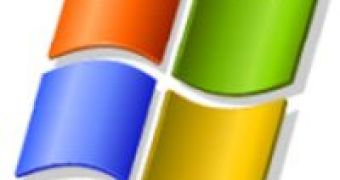When it comes down to identity management, the Windows and Linux operating systems fail to play by the same tune. But at the same time, Windows Server can be leveraged in order to manage both platforms. This is the promise of a whitepaper authored by Chris Travers, the owner of Metatron Technology Consulting and Contributing Author to the Microsoft Open Source Software Lab. Travers revealed that Windows Server 2003 R2 was effectively a turning point for the streamlining of the implementation Windows-based identity management solutions tailored for Linux.
"Windows has a reputation of being a bit difficult regarding interoperability of network log-in and identity management. Many of the problems have to do with security internals relating to how network access and identity has been managed on Windows since the early NT days and how this has differed from POSIX environments. While there are strong technical merits to Microsoft's approach, they have resulted in some degree of conflict with POSIX systems. However, with the development of Active Directory and the subsequent adoption of LDAP for directory services and Kerberos V for authentication, these problems are now quite manageable", Travers revealed.
Still, even with the advent of Active Directory the interoperability between Windows, Linux and UNIX suffers because of the fundamentally different functionality associated with each platform. Travers explains that in some key areas the operating systems use opposite approaches. In the whitepaper, Travers explains in detail how to overcome identity management interoperability issues, this being yet another example of Microsoft's efforts aimed at bridging Linux and Windows.
"Identity management is a difficult problem in a heterogeneous environment, especially ones as diverse as Windows and Linux. In general, I think that Active Directory is a good solution to the problem and that Microsoft has shown a commitment to making the software work well as a universal directory infrastructure for a corporate organization", Travers concluded.

 14 DAY TRIAL //
14 DAY TRIAL //